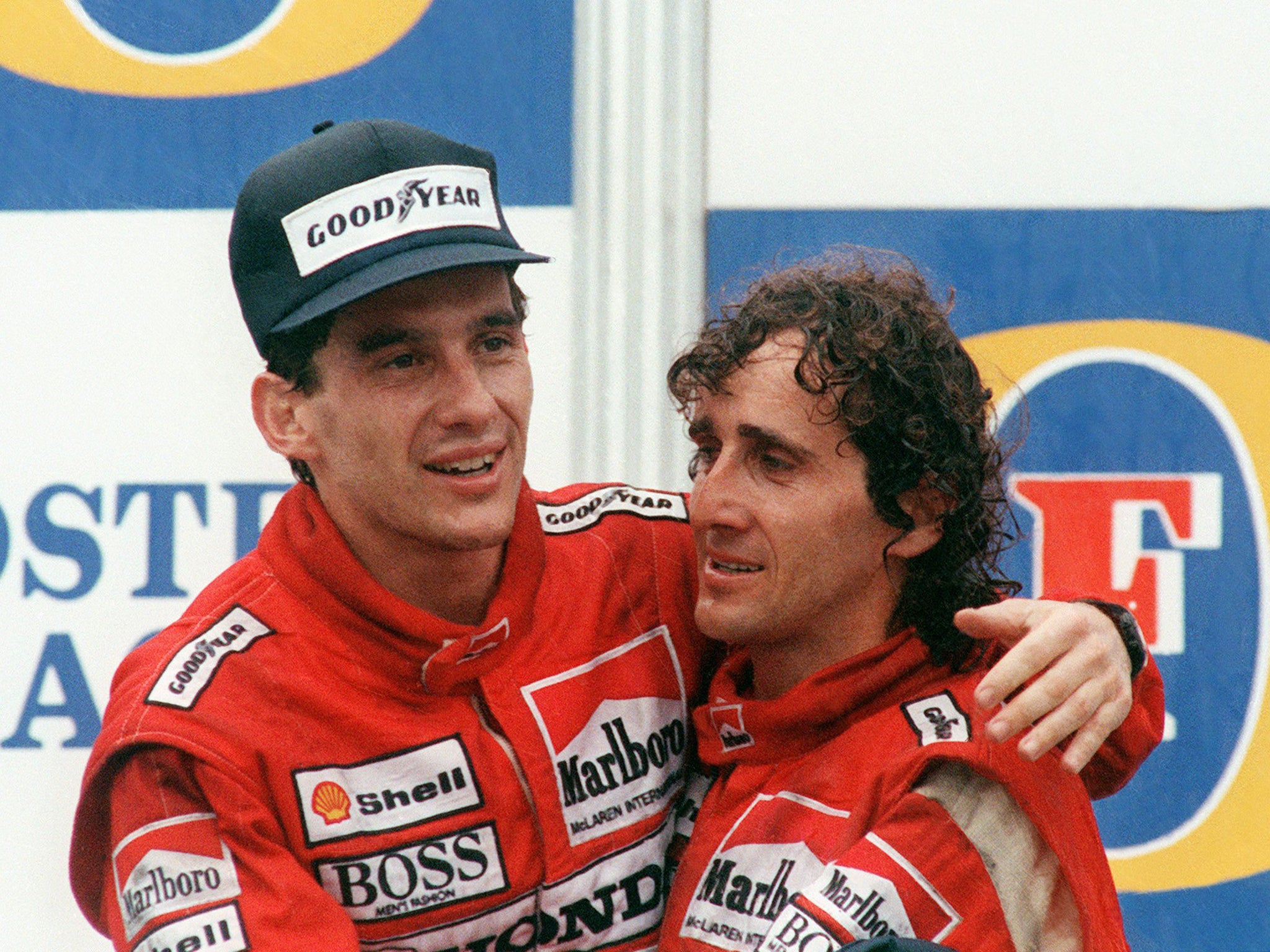From the pits to profit at the McLaren F1 team
By selling race-car expertise to other industries, Ron Dennis says he’s generating the money to get his Formula One team back to pole position

The McLaren Formula One team may not have had much success on the track lately, but its finances have rarely been better.
McLaren Group yesterday reported a dramatic swing back into the black last year thanks to the rising revenues from the increasingly lucrative sport’s appearance fees and sponsorship deals. From a loss of about £3m in 2012 due to increased research expenditure, it raced to an £18.8m pre-tax profit last year. Turnover increased from £249m to £268m.
McLaren fans may be hoping that the extra cash could hasten the arrival of new drivers for the team to replace the current pairing of Jenson Button and Kevin Magnussen. Speculation has had it that world champions Sebastian Vettel and Fernando Alonso could be on the wish list.
McLaren’s famed boss Ron Dennis said: “Sadly, strong financial performance during 2013 was not matched by on-track success. However, McLaren has a proud and victorious record at the pinnacle of Formula One and I am confident the actions we are taking will enable the team to regain competitiveness in time.”
A large part of that hope revolves around McLaren being reunited with the Japanese car giant Honda in a double act last seen during the glory days of Ayrton Senna and Alain Prost. Then, the five-year collaboration between the companies won an unprecedented clean sweep of first and second place titles between 1988 and 1992.
After a brief time with Ford, McLaren switched to Mercedes-Benz engines. The German company bought a 40 per cent stake in McLaren. Together, they built supercars for the road including the Mercedes-Benz SLR McLaren two-seater – beloved of Arab princes and City bankers.
But the relationship became less easy as Mercedes wanted to push its own F1 team and supercars, while McLaren was planning its own new road models too, with the 12C supercar hitting the streets in 2011. This marked a return to the highway for the British company, whose last road car was that petrolhead’s favourite, the 1998 three-seater F1. Built with a BMW engine, it is still one of the fastest production cars ever made. The actor and comedian Rowan Atkinson famously lost control of his, wrapping it stylishly around a tree and a lamp-post. Those of a less Clarksonesque persuasion might be interested in the F1’s fuel consumption: at 15.2 miles per gallon, it’s unlikely to be popular among Toyota Prius drivers.
McLaren Group profit figures do not include revenues from the road cars arm, McLaren Automotive, which is a separate company. But it too has been in the pink, making a profit for the first time last year – just three years into its life. Furthermore, it has just released a couple of new models with a third slated for launch next year.
But back to the racetrack. Mercedes’ owner, Daimler, sold its McLaren stake and now has its own F1 team. The two companies will cease their partnership in 2015 when the new Honda venture begins.
Mr Dennis said yesterday: “Our growing revenues and robust financial position will ensure that McLaren Racing has the resources it requires to win races, while enabling us to develop and expand the entire McLaren Group as an internationally recognised technology company.”
He was referring to how the company has increasingly been looking to diversify its revenue base into other areas where its engineering and data-management expertise can be applied.
McLaren has for years employed highly advanced technology to monitor its cars during races, with millions of bits of information from the track and the cars’ on-board electronics being fed back to its so-called “mission control” centre in the UK for super-fast analysis and instructions for the pit team.
Those skills can be put to use in other businesses, from the Nats air-traffic control service, where McLaren helps analyse data on managing flights in and out of Heathrow, to medicines manufacture, where clients include GlaxoSmithKline. You might not believe it, but McLaren has helped GSK fill an extra 6.7 million tubes of toothpaste in its factory in Maidenhead.
It also helped design and monitor the training schedules for the Team GB cycling, sailing, rowing and canoeing teams, while its team was involved in creating the British skeleton bob that won gold in the Winter Olympics.
With all that going on, McLaren is hoping to become a widely based engineering and consultancy business, less prone to its successes and failures on the track.
The speculation was that, with the finances improving, Honda may now want to buy its old partner outright. Mr Dennis has denied that rumour, in this most gossipy of sports. For now, at least, the company will continue to be owned by him, the Bahrain sovereign wealth fund and the Swiss engineer TAG (formerly owner of the motorsport fan’s favourite watch brand, TAG Heuer.)
It may not come as much comfort to McLaren team fans watching its poor performance on the track, but the company also makes the on-board electronic systems for other teams.
So, whatever the result in the Monza Grand Prix this weekend, a bit of McLaren will be in the winning car.
All about the engine: McLaren’s alliances
1995-now: Mercedes
Champion once (Mika Hakkinen driving), 2nd place seven times, 3rd place five times
1994: Peugeot
4th place
1993: Ford
2nd place
1988-1992: Honda
Champion four times (Ayrton Senna winning three, Alain Prost one), 2nd place once
1984-1987: TAG (Porsche)
Champion twice (Niki Lauda, Alain Prost), 2nd place twice
1977-1983: Cosworth
2nd once, 3rd once
Subscribe to Independent Premium to bookmark this article
Want to bookmark your favourite articles and stories to read or reference later? Start your Independent Premium subscription today.

Join our commenting forum
Join thought-provoking conversations, follow other Independent readers and see their replies